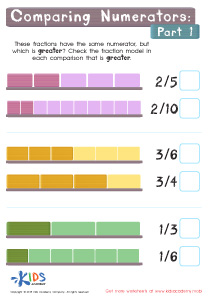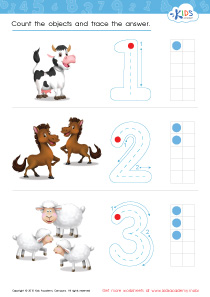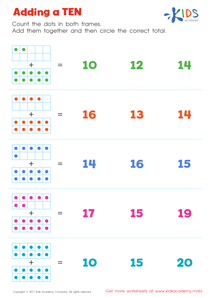Easy Numbers 11–20 Worksheets for 4-Year-Olds
9 filtered results
-
From - To
Introducing our specially designed "Easy Numbers 11–20 Worksheets for 4-Year-Olds" - a perfect start for little learners to grasp the basics of counting and understanding numbers 11 through 20. Tailored for the developmental stage of 4-year-olds, these worksheets are crafted with engaging, child-friendly graphics that make learning both fun and memorable. Each page introduces a new number in this range, providing various activities that reinforce recognition, sequencing, and basic counting skills. Unlock your child's potential in mathematics by giving them a head start with our Easy Numbers 11–20 Worksheets, specifically created to nurture young minds and foster a love for numbers at an early age.
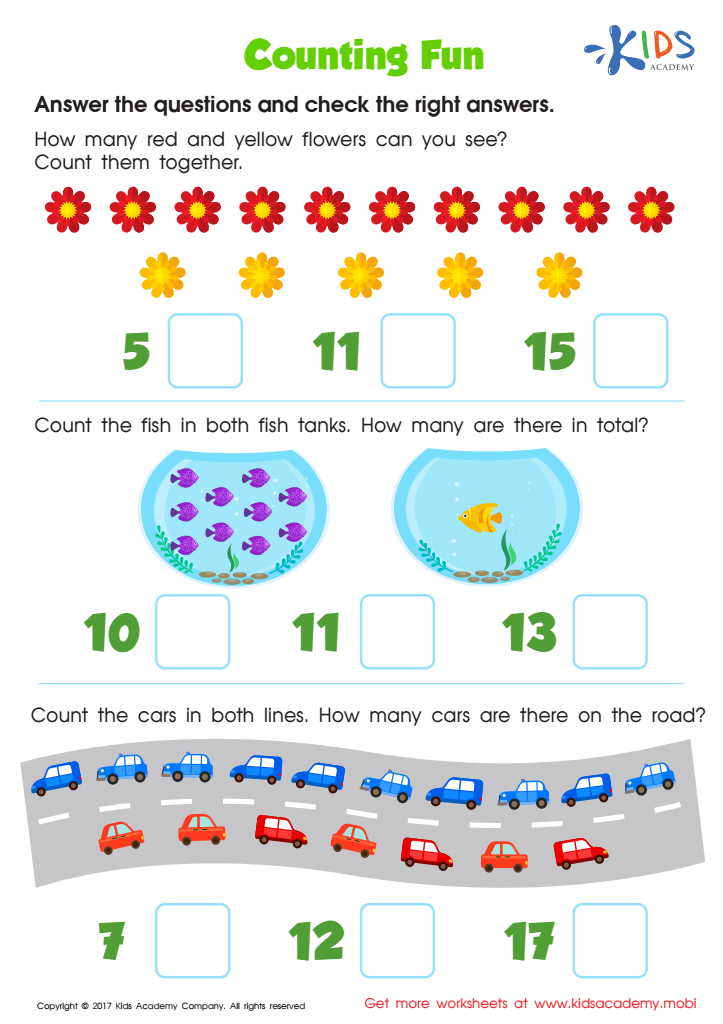

Counting Fun Worksheet
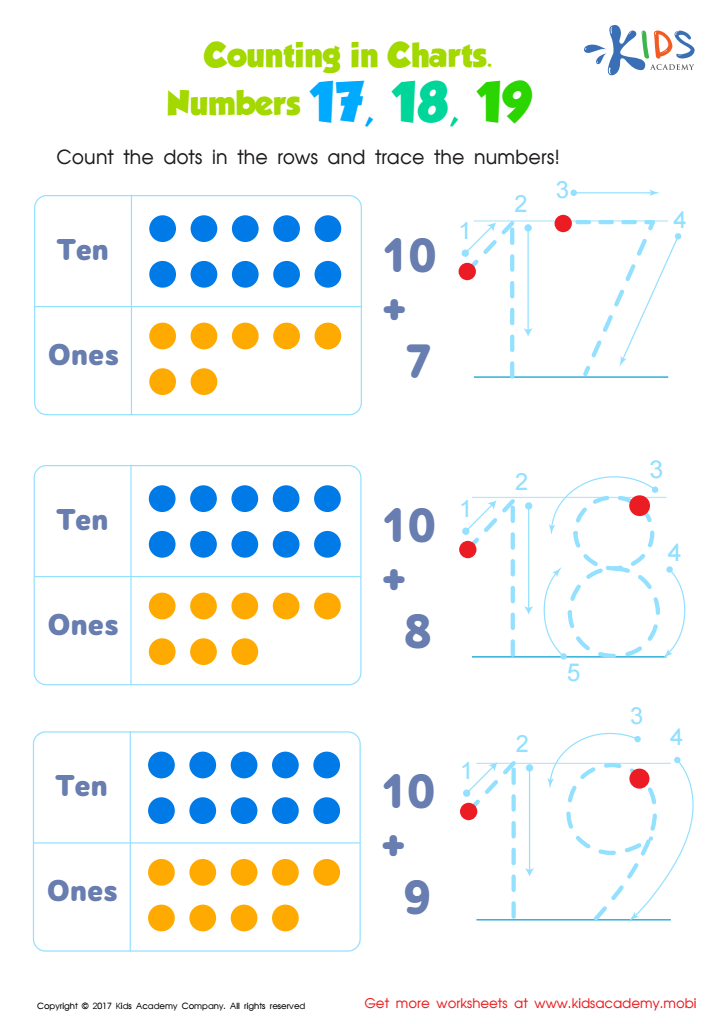

Kindergarten Number Tracing: Counting in Charts Worksheet
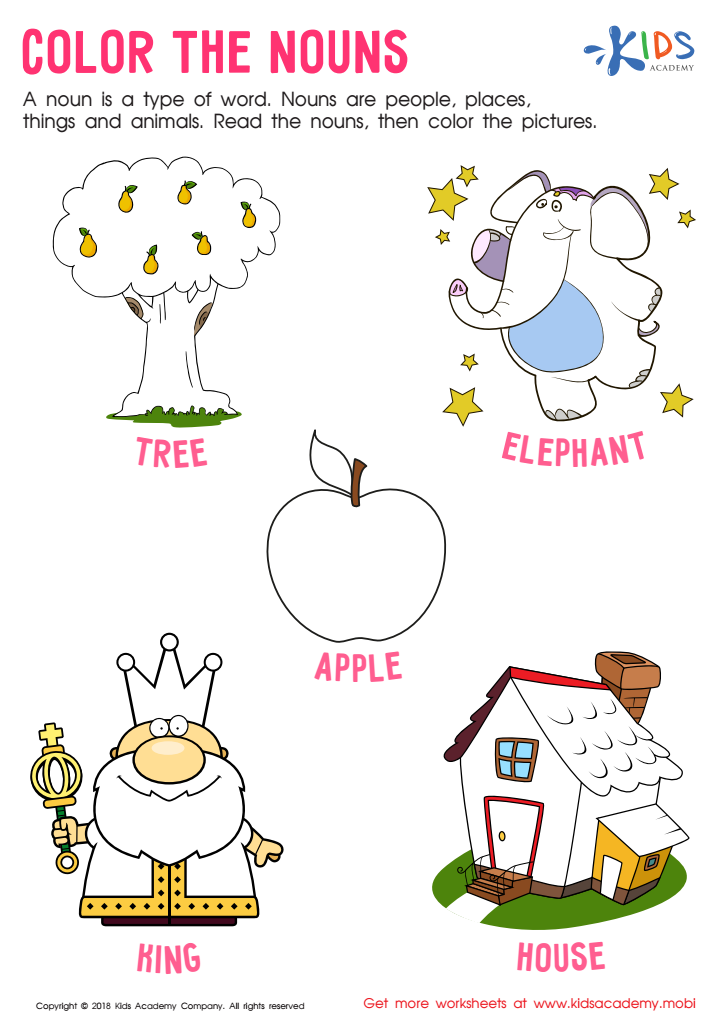

Color the Nouns Worksheet
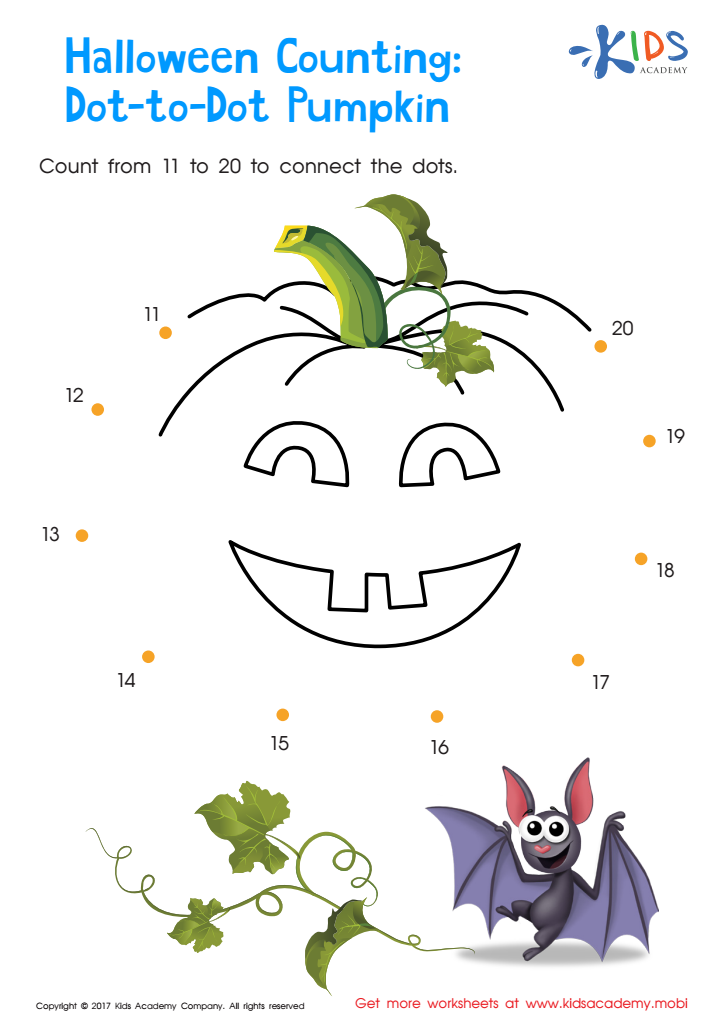

Ordering 11–20: Halloween Counting Worksheet
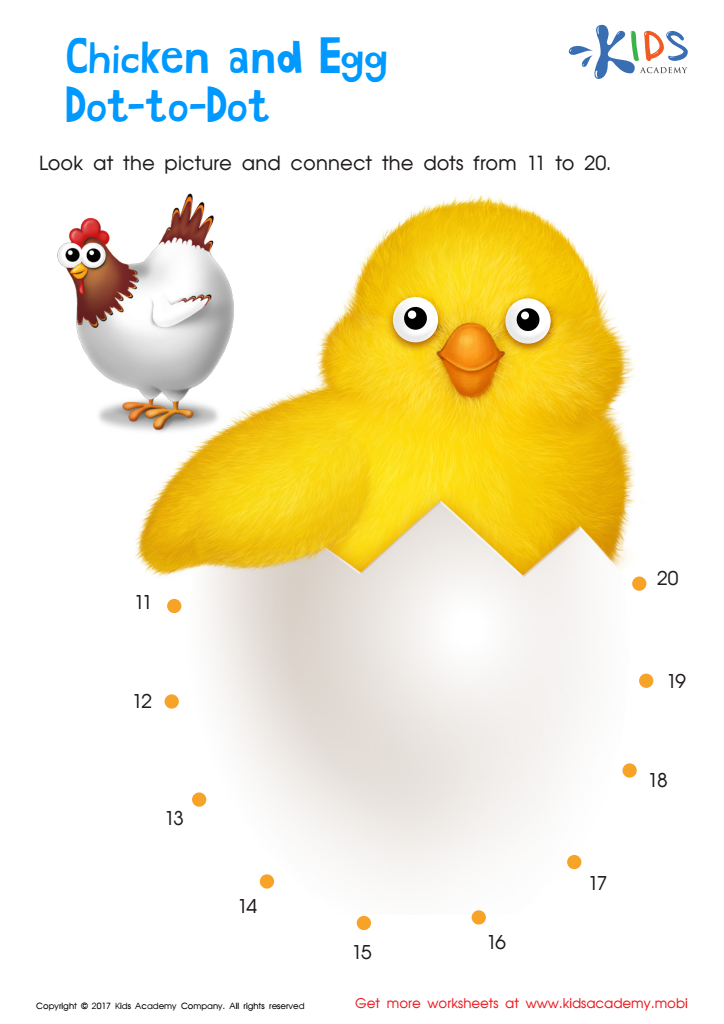

Ordering 11–20: Chicken & Egg Dot–to–dot Worksheet
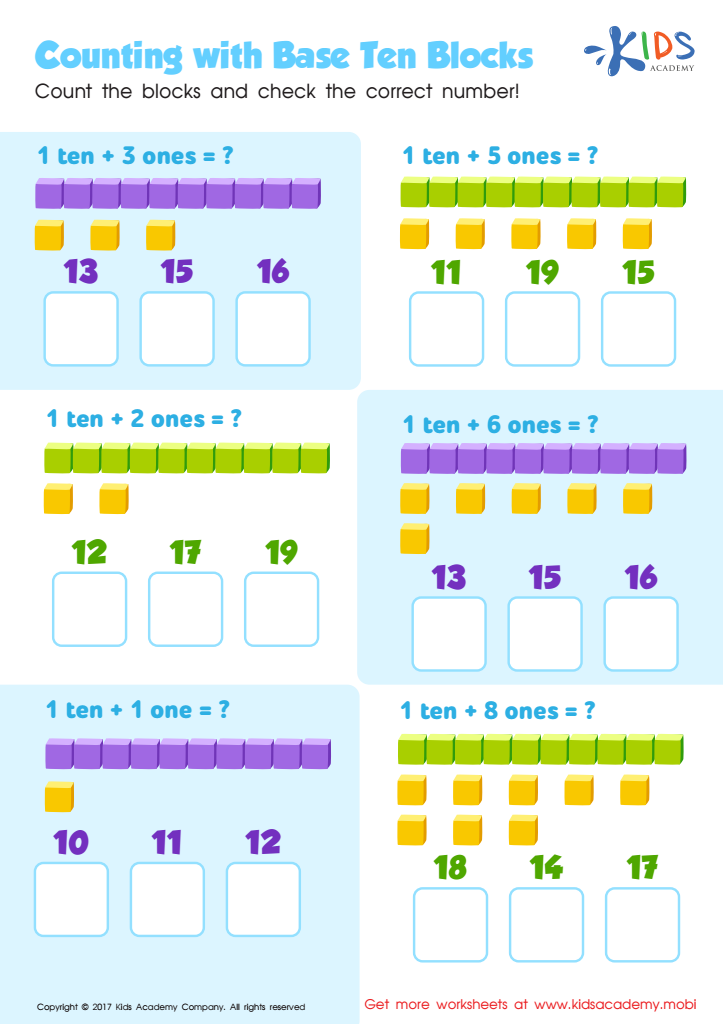

Counting with Base Ten Blocks Worksheet
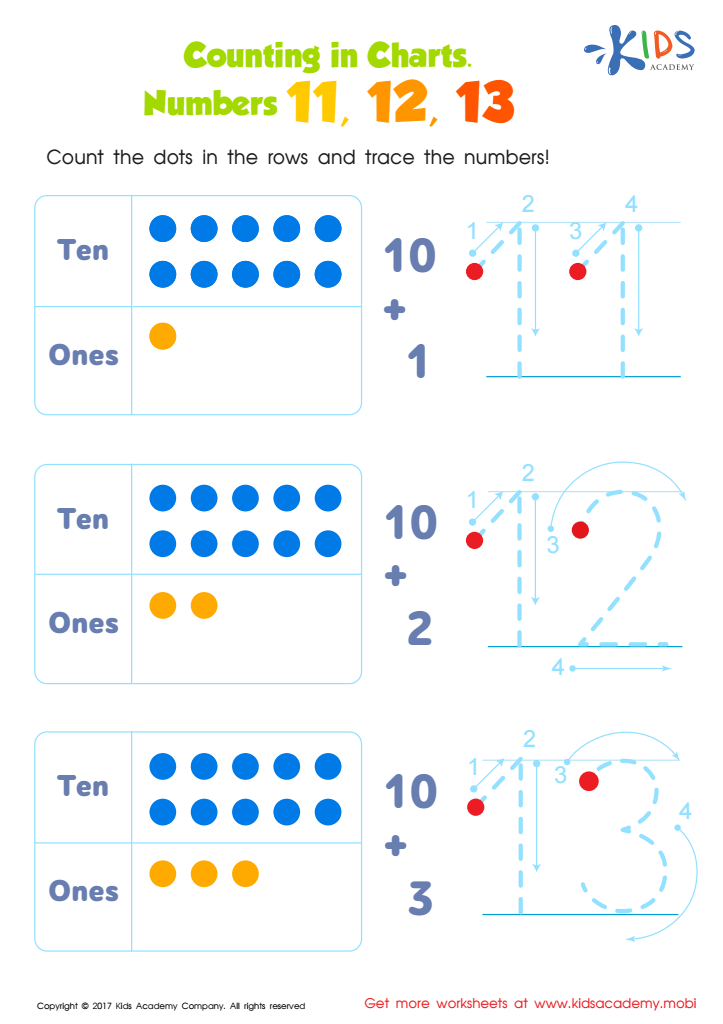

Number Tracing Worksheet For Kindergarten
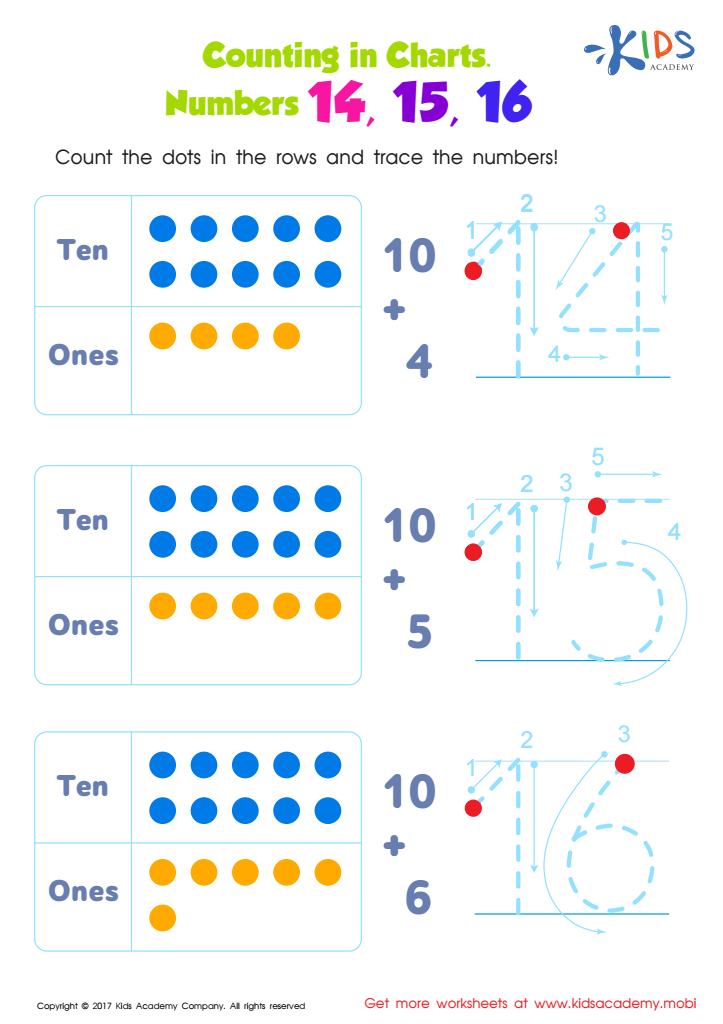

Number Tracing Worksheet
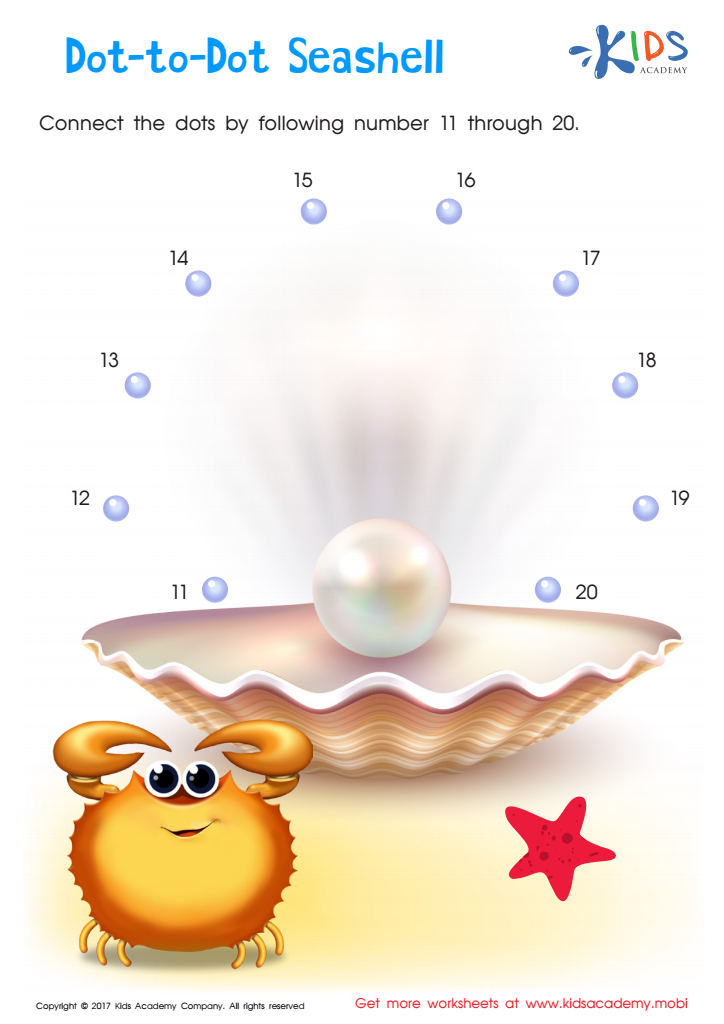

Ordering 11–20: Dot–to–dot Seashell Printable
Easy Numbers 11–20 worksheets specifically designed for 4-Year-Olds offer a multitude of benefits for young learners beginning their mathematical journey. At this developmental stage, children are expanding their understanding of the world around them, including foundational math concepts. These worksheets are crafted to gently introduce the numbers 11 through 20, building upon the counting skills children typically start to develop during their preschool years.
The beauty of Easy Numbers 11–20 worksheets for 4-Year-Olds lies in their simplicity. They are designed to be engaging and accessible, avoiding any unnecessary complexity that could discourage young learners. By focusing on numbers 11 through 20, these worksheets help children bridge the gap between early counting and more advanced numerical concepts, setting a strong foundation for future math learning.
Moreover, using these worksheets enhances fine motor skills through activities like tracing numbers, coloring, and drawing. This not only aids in the cognitive understanding of numbers but also supports the development of handwriting skills. Additionally, they foster independence as children learn to work through problems on their own, boosting confidence and self-esteem.
In essence, Easy Numbers 11–20 worksheets for 4-Year-Olds are a valuable tool in early childhood education. They promote numeracy, enhance cognitive and motor skills, and prepare children for more complex mathematical concepts, all while being tailored to the learning needs and abilities of preschoolers.
 Assign to the classroom
Assign to the classroom


